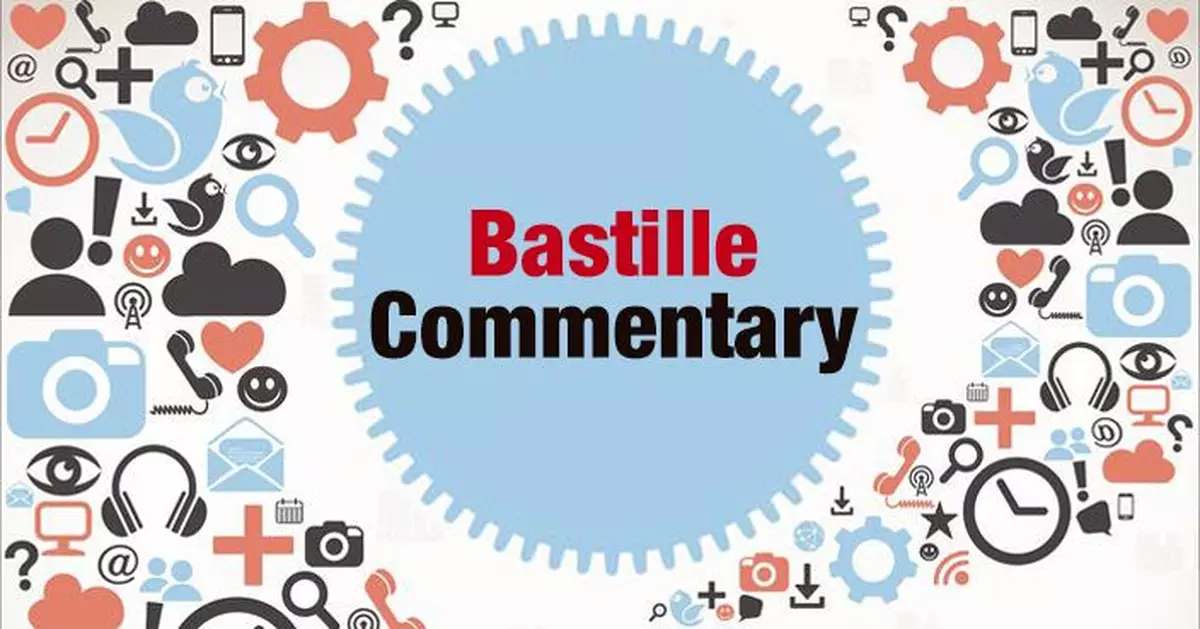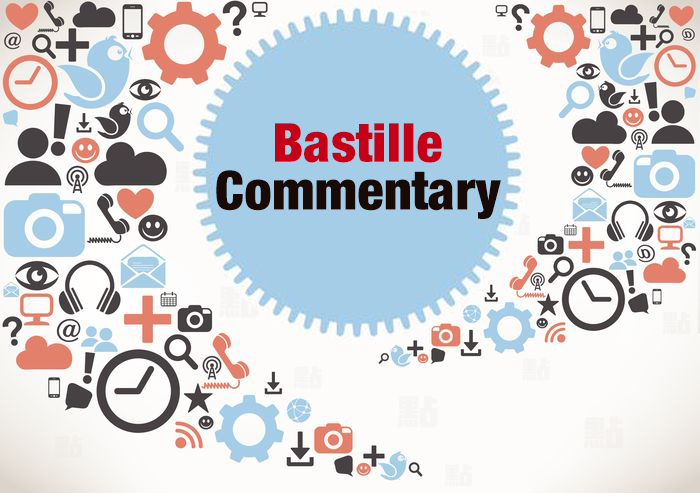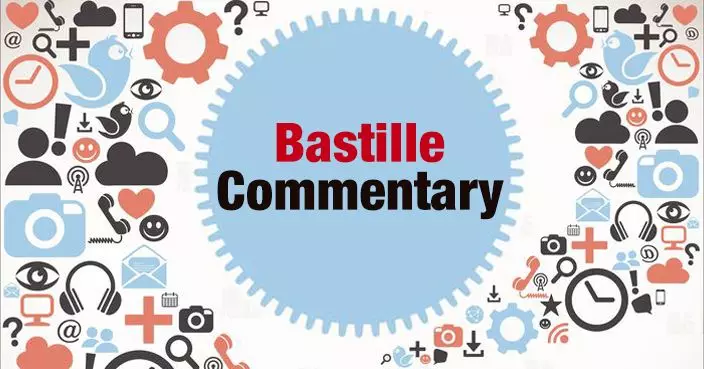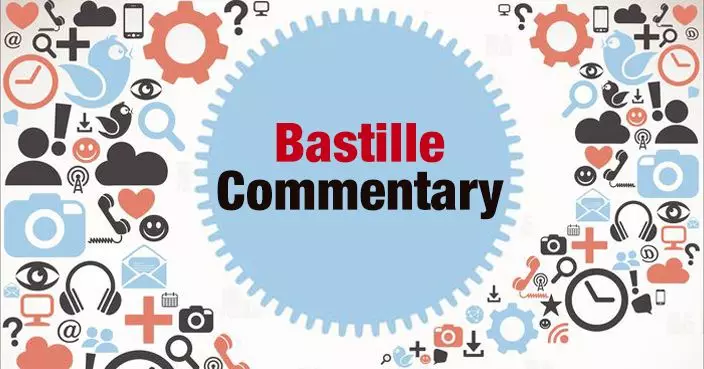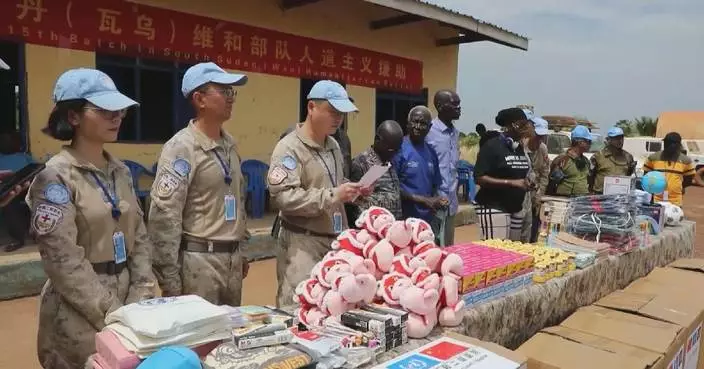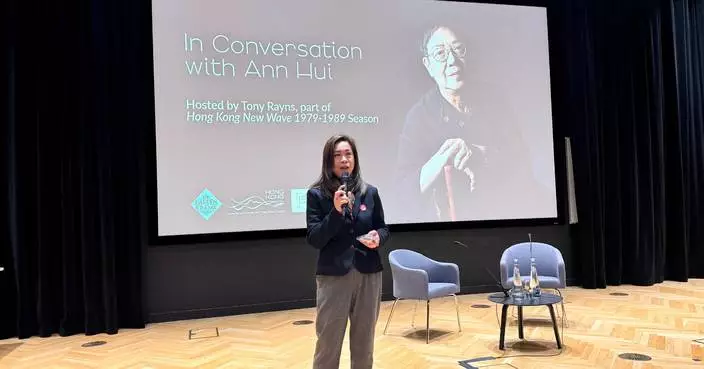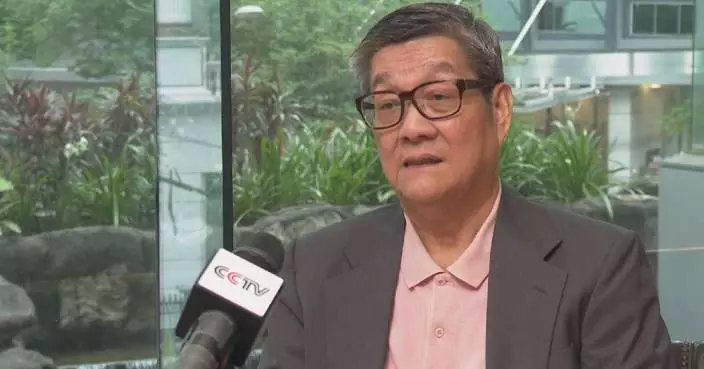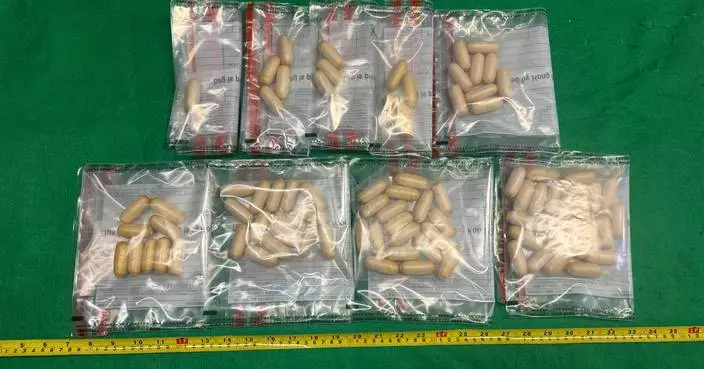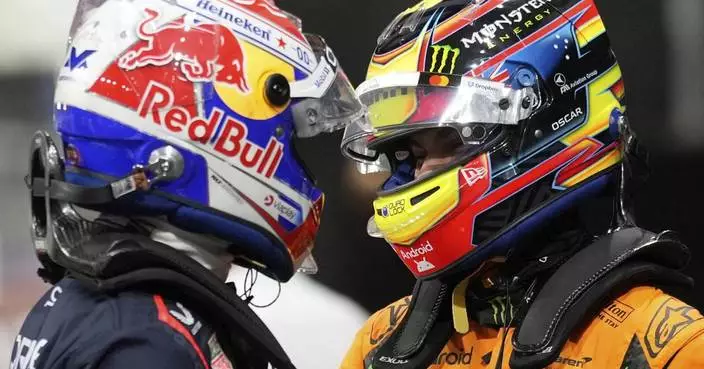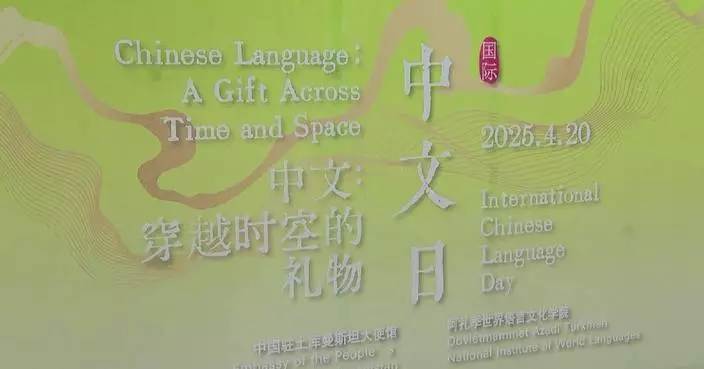The recent case involving "Second-Generation Captain America" Ma Chun Man, who applied to the Commissioner of Correctional Services for a jail time reduction, only to have his request rejected and a judicial review subsequently denied by the court, has attracted significant attention.
Under the revised Prison Rules, the Correctional Services Commissioner concluded that there was insufficient evidence to establish that releasing Ma Chun Man early would not pose a risk to national security. Moreover, it remained uncertain whether Ma, if released early, would re-offend by committing further crimes that jeopardize national security. As a result, his request was denied. After consideration, Judge Li Yunting, designated under the National Security Law, determined that there were no procedural violations on the part of the Correctional Services Commissioner, and dismissed the judicial review.
Professor Johannes Chan, former Dean of the Faculty of Law at the University of Hong Kong and now residing in the UK, published an article in a local newspaper commenting on the judicial review in the Ma Junwen case. In his article, he referenced Ma’s psychological assessment, noting that Ma exhibited an introverted personality, lacked friends, lived a monotonous life, and had no clear life goals. However, the report found no significant psychological or learning difficulties. Regarding his crime, Ma demonstrated no evident remorse and had previously written inflammatory slogans while incarcerated, leading to his isolation for several months. In his petition to the authorities, Ma stated, “I realize that the current environment in Hong Kong makes resistance impossible, and I must accept reality.”
Professor Chan argued that if the criterion for evaluating Ma’s early release is whether there is sufficient evidence to prove it would "harm national security," the evidence appears ambiguous and fails to conclusively support such a conclusion. However, under the National Security Law, the evaluation criterion shifts to whether the evidence is sufficient to exclude the possibility that early release would "not harm national security." This negative framing of the issue fundamentally alters the conclusion, which Professor Chen views as unjust.
The issue can be analyzed from several perspectives:
First, Conceptual Distortion.
The Correctional Services Commissioner, when determining whether a prisoner is eligible for early release based on good behavior, exercises discretion in assessing whether releasing the prisoner poses a risk of reoffending. This is an administrative decision, not an inherent right of the prisoner. However, opposition groups have distorted this concept, equating the government's discretionary authority with the prisoner’s right to early release. The amendments made following the enactment of the National Security Law clearly stipulate that prisoners convicted of national security offenses cannot be considered for parole unless the Commissioner is convinced that early release would not jeopardize national security. These amendments have prompted challenges from those convicted of national security offenses.
For instance, in the case of HKU student union leader Kinson Cheung, who led a silent protest following a police stabbing incident, his application for early parole was denied. He then sought an injunction from the court to protect his personal freedom. An injunction is designed to prevent unlawful or unjust detention. In Cheung's case, the court rejected his application and upheld the government’s decision. This was a clear rejection of the distorted interpretation of discretionary parole, reaffirming that early release is not an unassailable right. Professor Chan’s commentary follows the same flawed reasoning.
Second, the Need to Safeguard National Security. In the Ma Chun Man case, the court clearly pointed out that the legislative intent behind the amendments to the Prison Rules and related laws is to impose stricter conditions on the early release of prisoners convicted of national security offenses. These amendments ensure that early release is only considered if it does not pose a risk to national security. The court affirmed that these amendments serve to protect national security and safeguard the public.
In Ma’s case, his actions—such as writing inflammatory slogans in prison—clearly indicated that releasing him early could lead to reoffending, further jeopardizing national security. This is not, as Professor Chan suggests, an ambiguous situation. The evidence of potential harm to national security is clear.
Third, Clarity of Concepts. Professor Chan claims that "national security is an ambiguous concept that today encompasses almost everything," and he compares those who distribute leaflets or shout slogans in the streets to individuals convicted of violent crimes such as rape or terrorism. While such a statement may be understandable coming from someone unfamiliar with the law, it is misleading coming from a law professor. The harm caused by individuals who incite subversion of the government through propaganda and public demonstrations is significant. While it may be difficult to quantify whether such individuals are more dangerous than violent criminals, both represent serious threats—one to national security, the other to public safety.
The court ruling in the Ma Chun Man case clarified that the standard for determining whether early release "would not harm national security" is neither vague nor arbitrary. It is clear, precise, and provides sufficient guidance for prisoners to understand the behavior required for early release consideration. The court affirmed that the Commissioner’s decision was both legal and reasonable.
As for Professor Chan’s claim that national security is a vague concept, this is simply a misinformed opinion. Both the Hong Kong National Security Law and the Public Security Ordinance list specific offenses with clear definitions. The court does not have the discretion to arbitrarily decide whether someone violates national security laws. Criticizing the law as vague reflects a lack of understanding and is more of an ill-informed street-level opinion than a legal critique from someone in an academic position.
Fourth, Professor Chen Should Flee the UK. The national security laws in the UK, where Professor Chan currently resides, are even stricter than those in Hong Kong. Notably, the UK has a "foreign registration system," which Hong Kong does not. During the UK’s recent riots, UK courts swiftly convicted individuals who merely posted comments on social media. For example, 35-year-old Wayne O'Rourke was sentenced to three years in prison for inciting violence after urging people to take to the streets. It is unclear whether Professor Chan views these UK laws and rulings as incompatible with civil society. If so, he should not only flee Hong Kong but also leave the UK, embarking on a search for his ideal civil society elsewhere.
Wing-hung Lo
Bastille Commentary
** The blog article is the sole responsibility of the author and does not represent the position of our company. **


